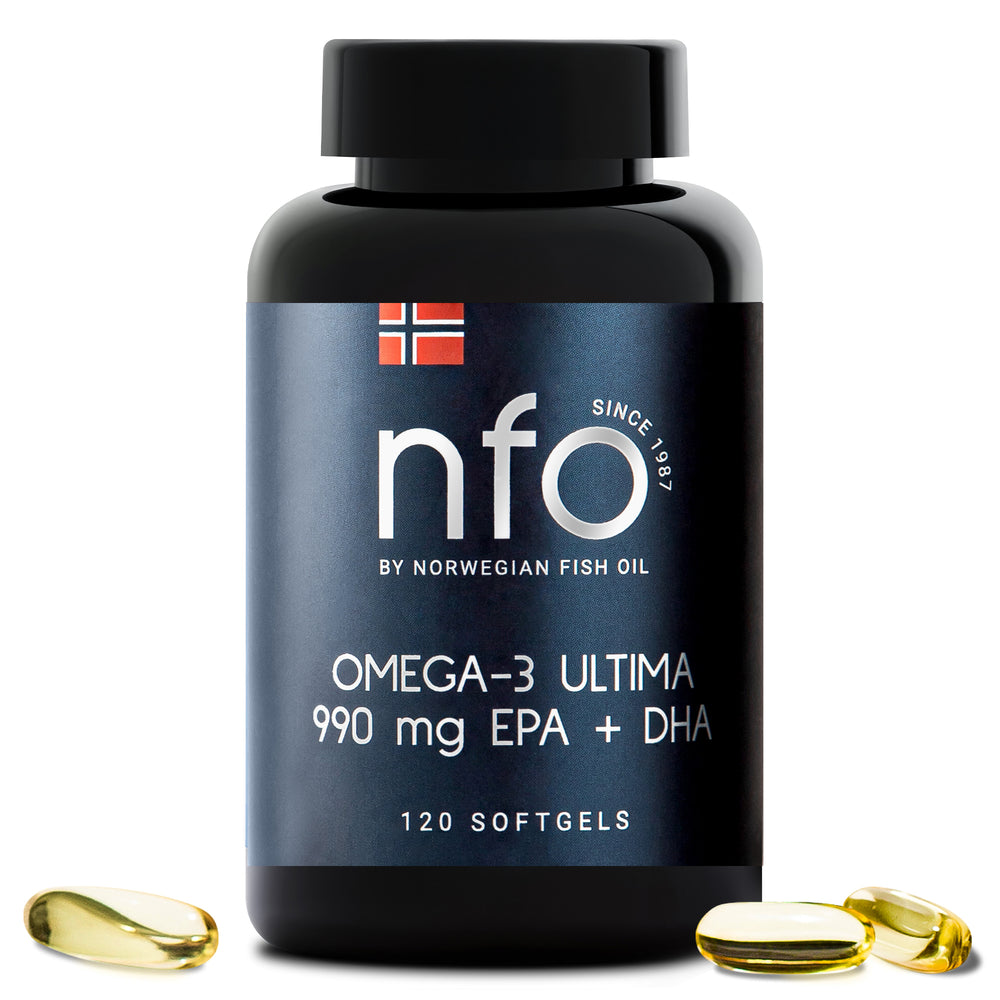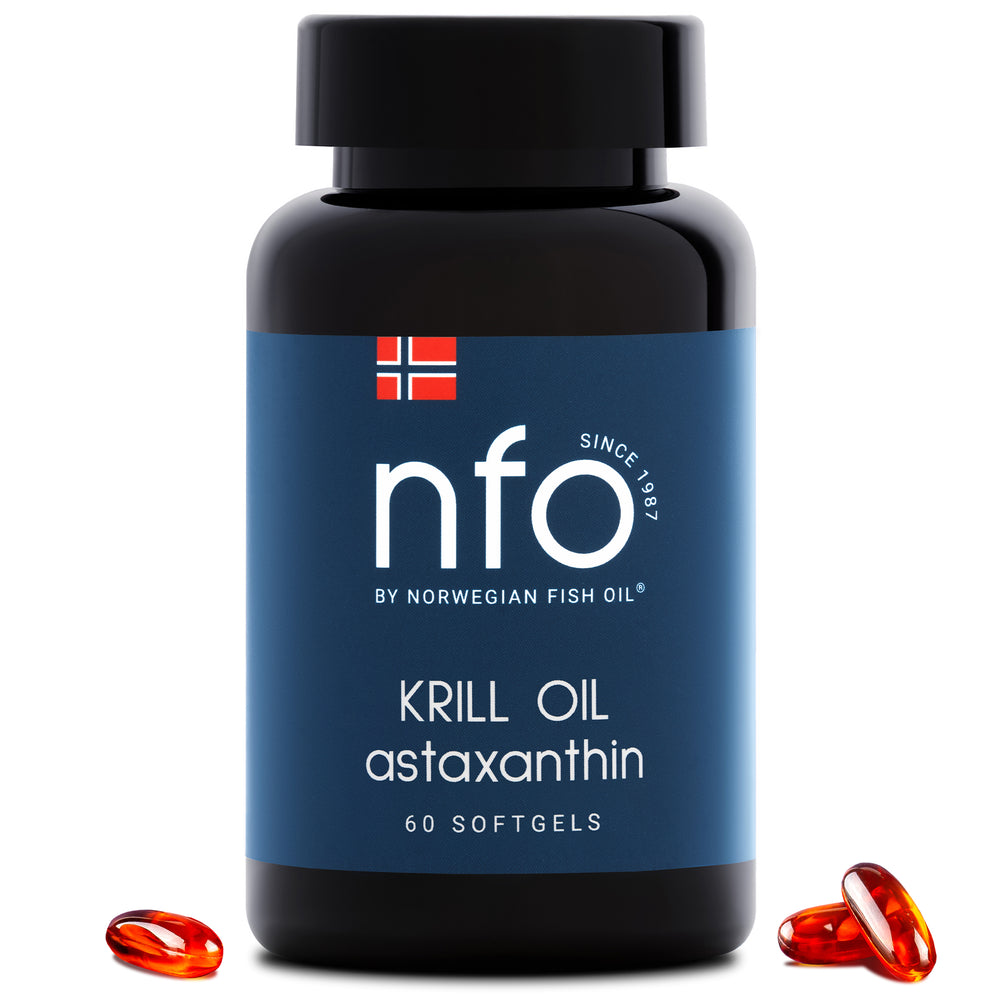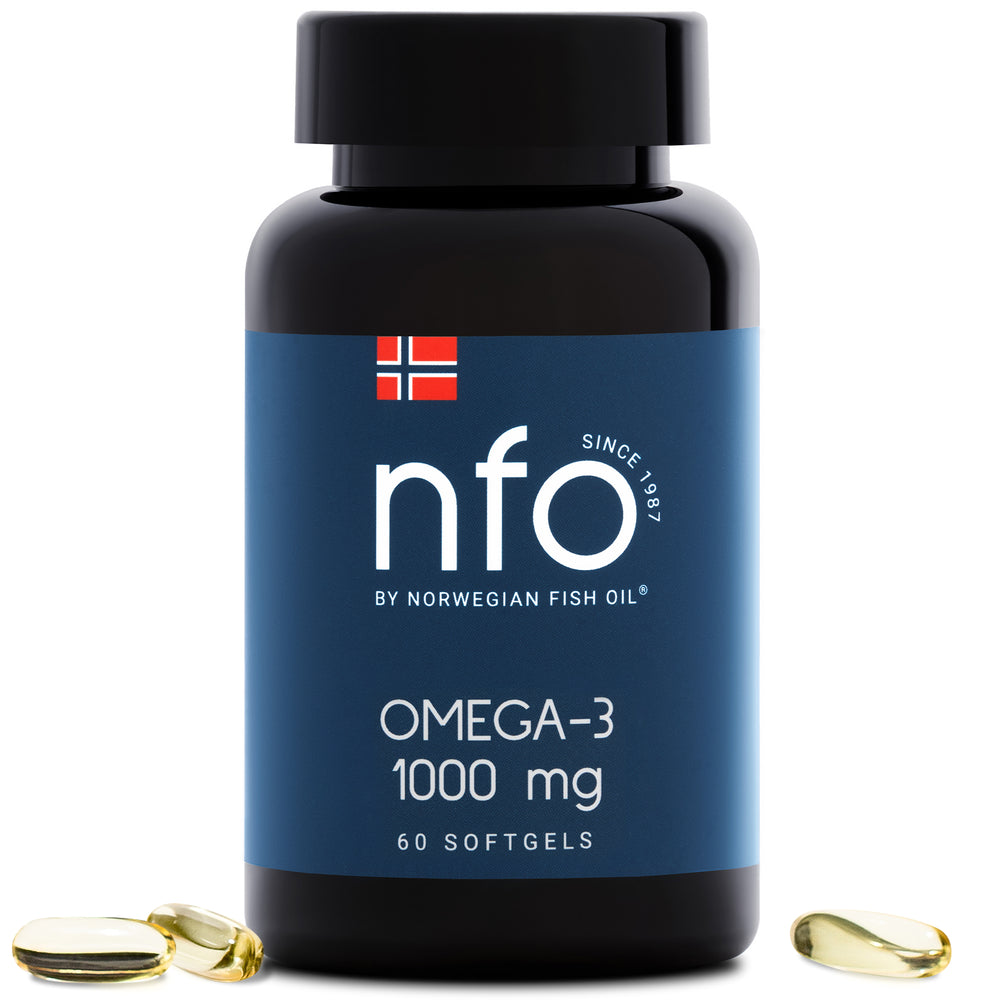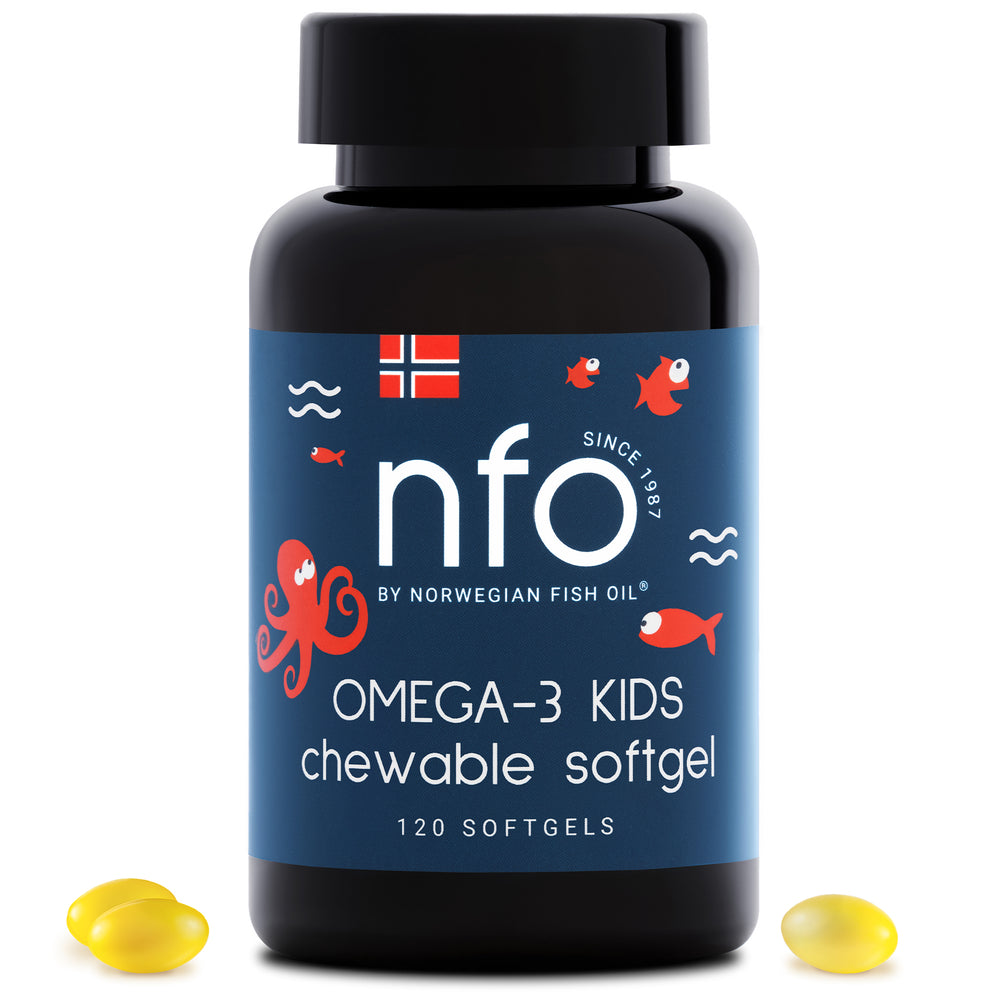
Einleitung
Warum sind Omega-3-Fettsäuren so wichtig für uns? Es handelt sich um Stoffe, die für den menschlichen Organismus essenziell, also unentbehrlich sind. Anders gesagt: Unser Körper kann sie nicht selbst herstellen, deshalb müssen sie über die Ernährung aufgenommen werden.
Und wobei helfen Omega-3-Fettsäuren sonst noch?
Sie wirken entzündungshemmend.
Sie tragen zur normalen Funktion und Entwicklung des Gehirns sowie zum normalen Zustand unseres Sehvermögens bei.
Sie unterstützen unser Immunsystem.
Sie wirken vorbeugend gegen Herz-Kreislauf-Erkrankungen und die Entwicklung von Alzheimer.
Sie können auch dabei helfen, einen normalen Blutdruck zu erhalten.
Positiver Effekt gegen das Altern.
Kann man genug Omega-3-Fettsäuren „essen“?
Eine der wichtigsten Quellen für Omega-3-Fettsäuren (PUFA) sind sogenannte fettreiche Fische. Dazu zählen zum Beispiel Lachs, Sardinen, Makrele oder Thunfisch. Unter dem Begriff Omega-3-Fettsäuren (PUFA) verbergen sich Eicosapentaensäure (EPA) und Docosahexaensäure (DHA). Gerade bei Omega-3-Fettsäuren ist es für viele Verbraucher:innen echt schwierig, genug davon zu bekommen. Das Problem liegt vor allem darin, dass Omega-3-Fettsäuren in unserer Ernährung oft zu wenig enthalten sind. Im Gegensatz dazu überwiegt der Gehalt an Omega-6-Fettsäuren, die wir im Überfluss zu uns nehmen. Es ist ziemlich schwierig, dieses Verhältnis auszugleichen, besonders wenn man noch die häufige Abneigung gegen Fisch und Meeresfrüchte und deren Seltenheit auf dem Teller dazunimmt. Die Autor:innen der DiNicolantonio-Studie 2020 geben an, dass das Verhältnis von Omega-6- zu Omega-3-Fettsäuren vor 100 Jahren noch bei etwa 4:1 lag. Heutzutage ist dieses Verhältnis im westlichen Ernährungsstil jedoch bis zu 20-mal höher zugunsten der Omega-6-Fettsäuren. Ein Grund dafür könnte auch der erhöhte Konsum sogenannter ultra-verarbeiteter Lebensmittel sein.
Hier sollte man auf jeden Fall erwähnen, dass es für Küstenstaaten anders aussieht und die Leute in Tschechien, als Bewohner eines Binnenlandes, andere Voraussetzungen haben. In Tschechien steht Fisch traditionell nicht so oft auf dem Teller (außer vielleicht an Feiertagen mit Karpfen).
In Tschechien ist der gesamte Fischkonsum immer noch auf einem niedrigen Level. Langfristig liegt er bei etwa 5-6 kg pro Person und Jahr. Viele Expert*innen sagen, dass der Fischkonsum pro Person und Jahr bei etwa 17 kg liegen sollte. Wenn wir zum Beispiel nach Spanien schauen, liegt dieser Wert bei rund 57 kg – das ist schon ein krasser Unterschied.
Was ist das Fazit?
Genügend Omega-3-Fettsäuren in die tägliche Ernährung einzubauen, kann echt eine Challenge sein. Wenn man dazu noch die Verfügbarkeit und den Preis von Fisch nimmt, zusammen mit der Tatsache, dass viele Leute oft keinen Bock auf Fisch haben, dann lohnt es sich auf jeden Fall, über eine gezielte Supplementierung von Omega-3-Fettsäuren nachzudenken. Außerdem sind das Stoffe, die unser Körper nicht selbst herstellen kann und auf die Zufuhr über die Ernährung angewiesen ist.
Von: Vendula Popelková, Ph.D. Chemie und Lebensmitteltechnologie, Ökotrophologie
Quellen:
DiNicolantonio, J. J., & O’Keefe, J. (2020). Die Bedeutung der Aufrechterhaltung eines niedrigen Omega-6/Omega-3-Verhältnisses zur Verringerung des Risikos von entzündlichen Zytokinstürmen. Missouri medicine, 117(6), 539.
Lavie, C. J., et al. 2009: Omega-3 mehrfach ungesättigte Fettsäuren und Herz-Kreislauf-Erkrankungen. Journal of the American College of Cardiology, 54.7: 585-594.
Scientific Opinion on the Tolerable Upper Intake Level of Eicosapentaensäure (EPA), Docosahexaensäure (DHA) und Docosapentaensäure (DPA). In: EFSA [online]. [cit. 2021-04-23]. Verfügbar unter: https://efsa.onlinelibrary.wiley.com/doi/abs/10.2903/j.efsa.2012.2815
Shahidi, F., & Ambigaipalan, P. (2018). Omega-3 mehrfach ungesättigte Fettsäuren und ihre gesundheitlichen Vorteile. Annual review of food science and technology, 9(1), 345-381.
Simopoulos, A. P. 2003: Bedeutung des Verhältnisses von Omega-6/Omega-3 essenziellen Fettsäuren: evolutionäre Aspekte. In: Omega-6/Omega-3 essential fatty acid ratio: The scientific evidence. Karger Publishers,. S. 1-22.
Wall, R., et al. 2010: Fettsäuren aus Fisch: Das entzündungshemmende Potenzial von langkettigen Omega-3-Fettsäuren. Nutrition reviews, 68.5: 280-289.
https://mze.gov.cz/public/portal/-q321521---GXo22cjp/situacni-a-vyhledova-zprava-ryby-2022



